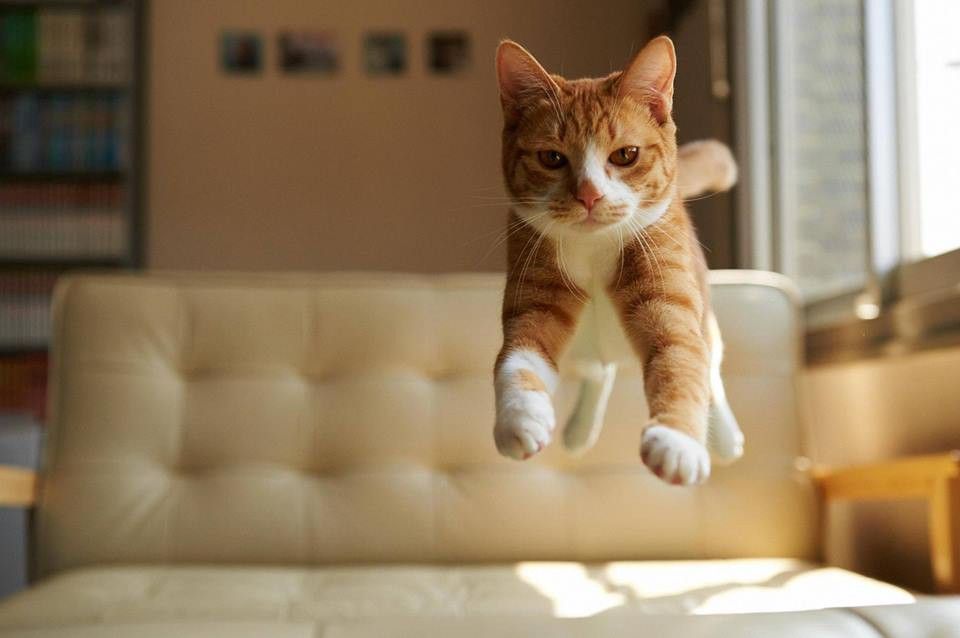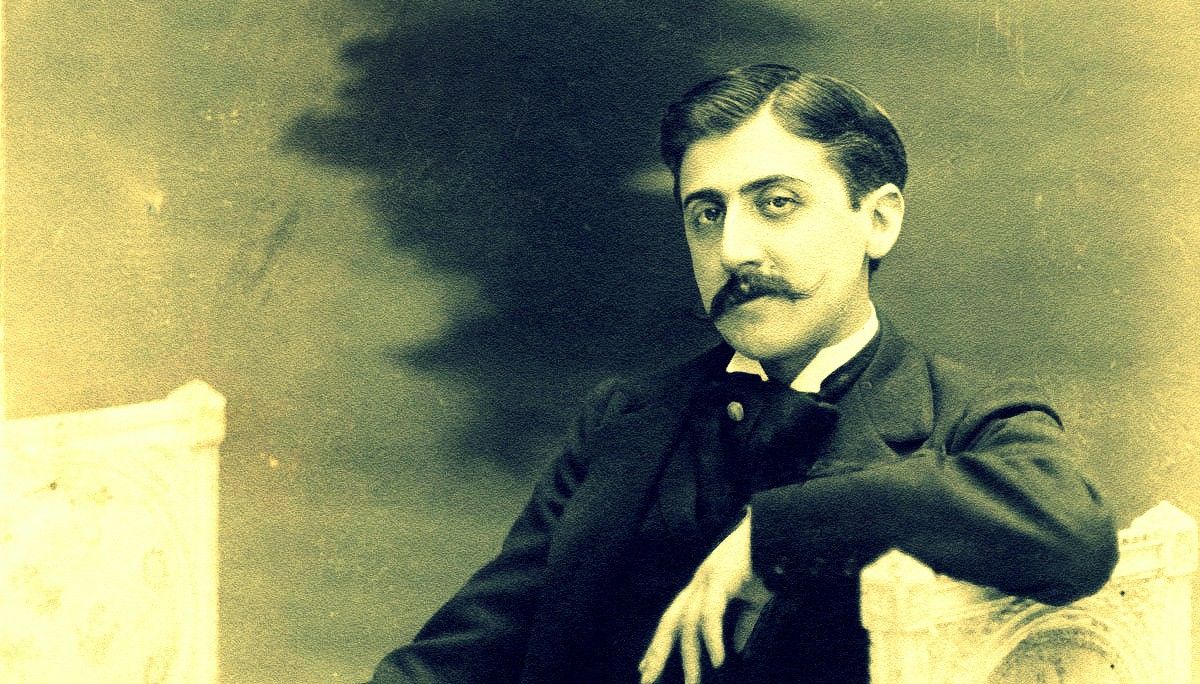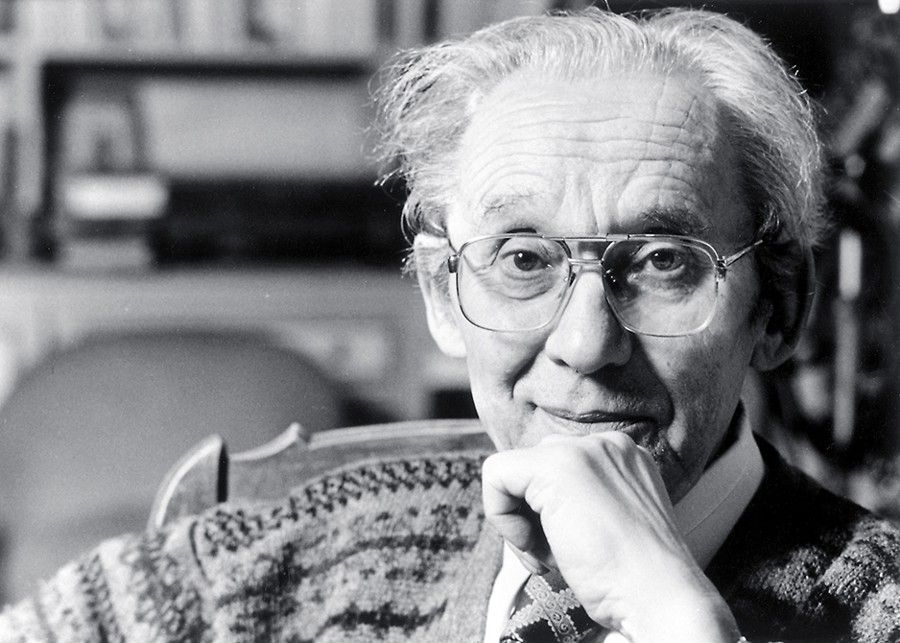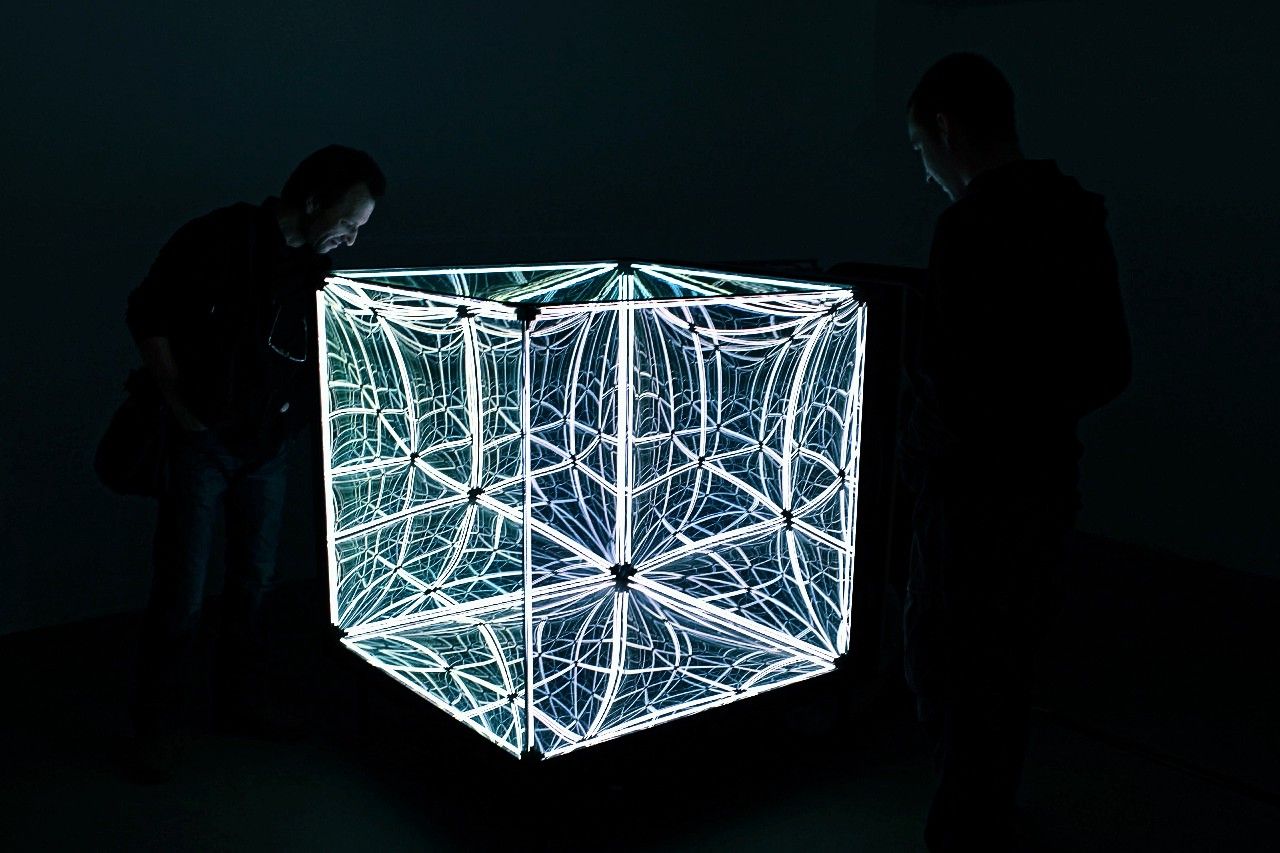Endless echoes
We are but an endless echo throughout time
Let’s start with a riddle.
A cat is placed in the center of a sealed, cubic box, whose inner faces are made of perfectly reflecting mirrors.
Except the cat, the box is strictly empty.
How many reflects of itself does the cat sees?
Our brains are literally made of memories, and memories constantly remake our brains.
Our perception of our environment is only an echo of it in our brain. This perception by echo is the support for our consciousness. Our brain develops solely with the perception of stimuli coming from our surroundings. Blakemore and Cooper demonstrated it in 1970, by traumatizing cats1. They divided a litter of young kitten into two groups. The first group was exposed only to horizontal lines, and the second to vertical lines. When the two groups were reunited in a common environment, the cats from the first group were unable to see vertical lines. They could sit on chairs, but kept banging against there legs. While the second group couldn’t see horizontal lines. They could see the legs, but didn’t sit on the chairs. This — oh, so funny but nonetheless now completely illegal — experience show that our capacity to perceive our surrounding is built from our surrounding itself.

When one say out loud the word red, the sound that arrives in the ear of a newborn baby doesn’t make any sens for him. That is only when this sound is associated with the visual perception of this color that the baby will grasp the concept. By repeating the association of the sound, and the visual perceptions. It is only because everyone names red the color that the baby perceives, that he associates the sound with the color. And the next time he will hear this sound, or see this color, it will make echo to this concept, reinforcing it by tangling itself with the past memories. Because the cats from the previous experience never perceived some concepts, that they could not construct them.

Et tout d’un coup le souvenir m’est apparu. Et dès que j’eus reconnu le goût du morceau de madeleine, aussitôt la vieille maison grise, toutes les fleurs de notre jardin, et les nymphéas de la Vivonne, et les bonnes gens du village et l’église et tout Combray, tout cela qui prend forme et solidité, est sorti, ville et jardins, de ma tasse de thé.
— Marcel Proust
By accumulation, these perceptions will create concepts that are more and more generic and abstracts. A kiwi and a banana are both fruits, and yet they are not so much alike. That is because meticulous observations drew us to make this category on common perception for these vegetables: they grow on trees. Trees being themselves a category of plant, which is itself a category of… We combine all these concepts from our perceptions, sorting them by category. This classification produces the meaning we give to our surrounding. But this meaning, these concepts and these classifications are only synthesis of the combination of the tangible perception from which they originate.
Our creativity — that is our capacity to manipulate these concepts — is limited to copy, transform and merge what was previously perceived. Everything is an echo of initial perceptions. In the continuity of the Lavoisier principle. Matter is neither created nor destroyed, only transformed.
The secret to creativity is knowing how to hide your sources.
— Albert Einstein
Among these concepts, our identity perception, the way we defines ourselves individually, stems from what we classify as similar, or different among the perceptions of our environment.

We define ourselves as human because we look alike other humans. Ricœur defines idem: the identity derived from belonging. But our identity is defined as well from what is different. By refusing to conform to society, the punk displays its opposition. Ricœur defines ipse: identity derived from distinction.
As with any other concept, we build our identity perception by echos from the perception of our environement, by belonging, idem, or distinction, ipse. Our identity perception can be summed up as the collection of all the previous self perceptions. It is the echo of our environement propagating by ricochet, from one person to the other. We are nothing without others. And this propagation date back to the beginning of time.
Solution.
There is no light source.
The box is pitch black.
The cat can’t see any reflect of itself.
If the cat spent its whole life in this cube, he never has experienced itself, so he doesn’t have any identity perception.
The building of our identity is stem from, and is inseparable of the environment that led to its creation.
We are the universe experiencing itself.
